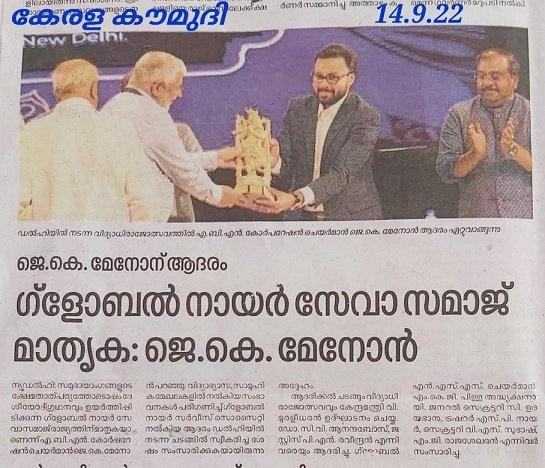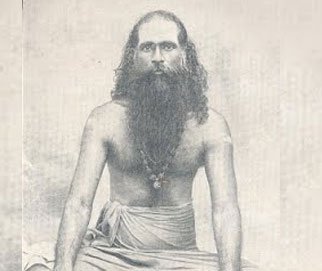








The Global Nair Sewa Samaj (Global NSS) is an umbrella organisation created for the upliftment, networking and welfare of the Nair community in India and around the world…
Realizing the need for having a global organisation for nairs to network and work together for the upliftment of
the community, a new organization by name Global Nair Sewa Samaj (Global NSS) was founded on October 17, 2011 in a function at Siri Fort Auditorium, New Delhi in a public meeting and inaugurated by Honorable Minister Shri. Vayalar Ravi. Mr. T.K.A. Nair, Principal Secretary to Prime Minister unveiled the Global NSS Logo, in the presence of Mr. K.K. Venugopal, senior advocate of Supreme Court who chaired the public meeting.
An adhoc committee was formed with Mr. Manmadhan Nair from Dallas USA, the Global Chairman and Shri. M.K.G. Pillai, President of NSS Delhi as the General Secretary with 15 other members.

n4nairmatrimony.com is a complete wedding portal hosted by the Nair Service Society Delhi (Regd.) with the sole objective to provide a dedicated site for the Nair community to upload/search for the most eligible bride/bride groom.
Employment is a relationship between two parties, usually based on a contract where work is paid for, where one party, which may be a corporation, for profit, not-for-profit organization, co-operative or other entity is the employer and the other is the employee.
Skill Development Courses & Training Programs. Talentedge is working on certification & employability of youth of India as per the guidelines of Ministry of Skill Development & Entrepreneurship.
Nair have customs and rituals which are an amalgamation of indigenous rituals and the rituals of Nambothiri Brahmins. Generally, there are local variations for such customs. Read More ...
Simplicity and brevity mark a typical Malayalee Nair wedding. Lasting barely a few minutes, a Kerala wedding is one with little rituals and far lesser religious compulsions. Read More ...
The Malayalee month Chingam is considered to be the most auspicious month to conduct malayalee weddings. The months of Midhunam, Karkatakam and Kanni are generally avoided. Read More ...
Christopher Fuller, an anthropologist, has said that it is likely that the first reference to the Nair community was made by Pliny the Elder in his Natural History, dating from 77 AD. That work describes what is probably the Malabar coast area wherein could be found the “Nareae, who are shut in by the Capitalis range, the highest of all the mountains in India”. Fuller believes it probable that the Nareae referred to the Nairs and the Capitalis range is the Western Ghats.
There are large gaps in the known early history of the Kerala region, which in the 1st-century AD is thought to have been governed by the Chera dynasty and which by the late 3rd-century AD had broken up, possibly as a consequence of a decline in trade with the Romans.


